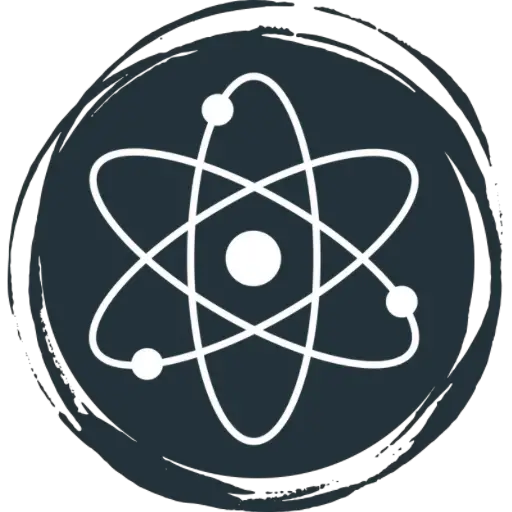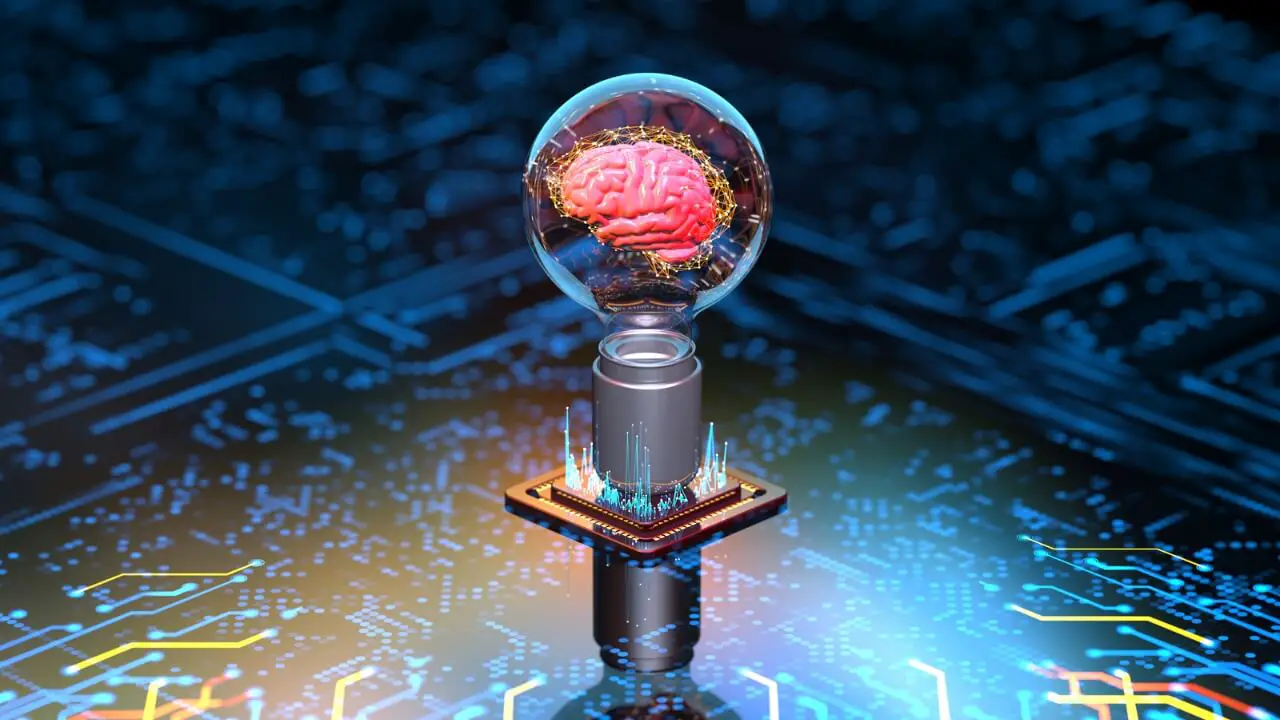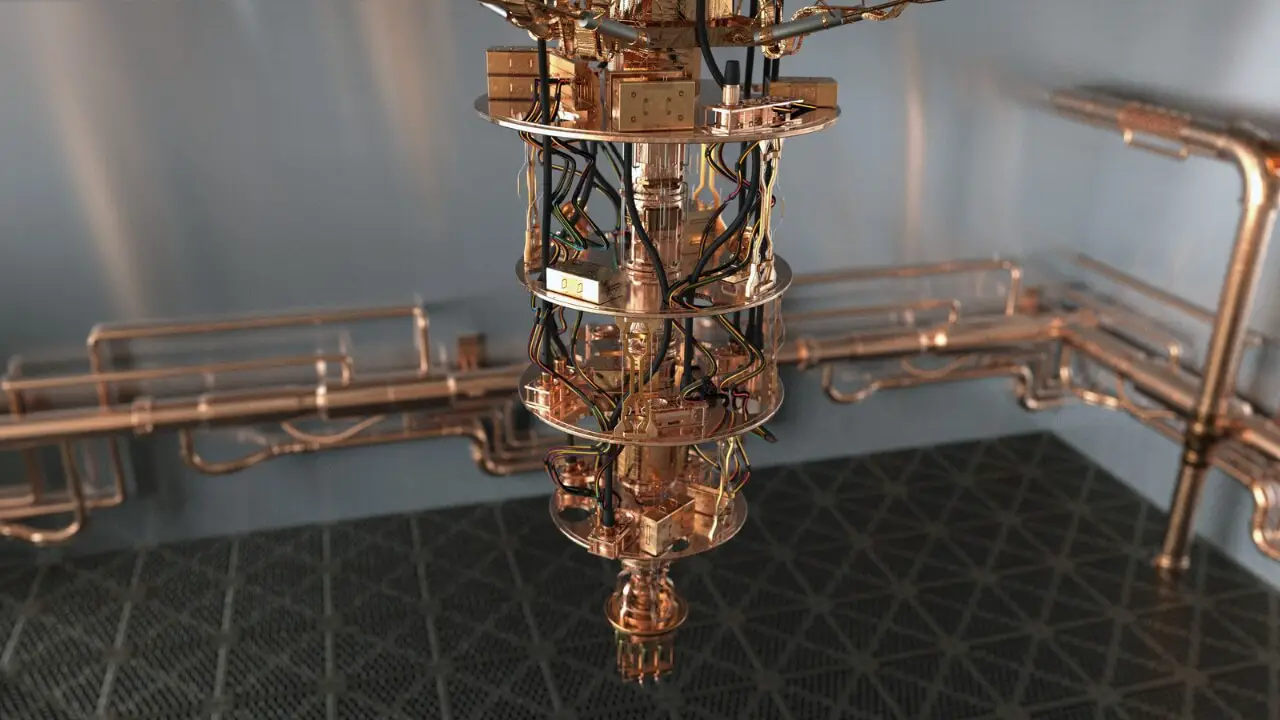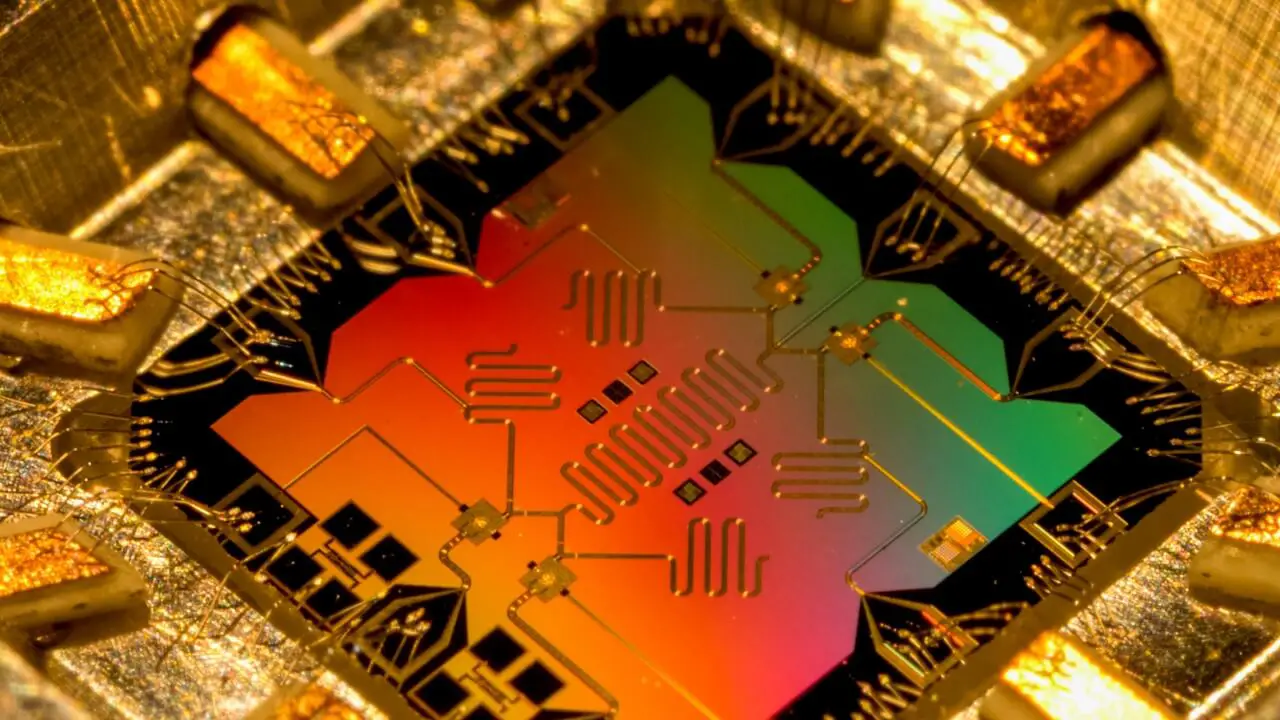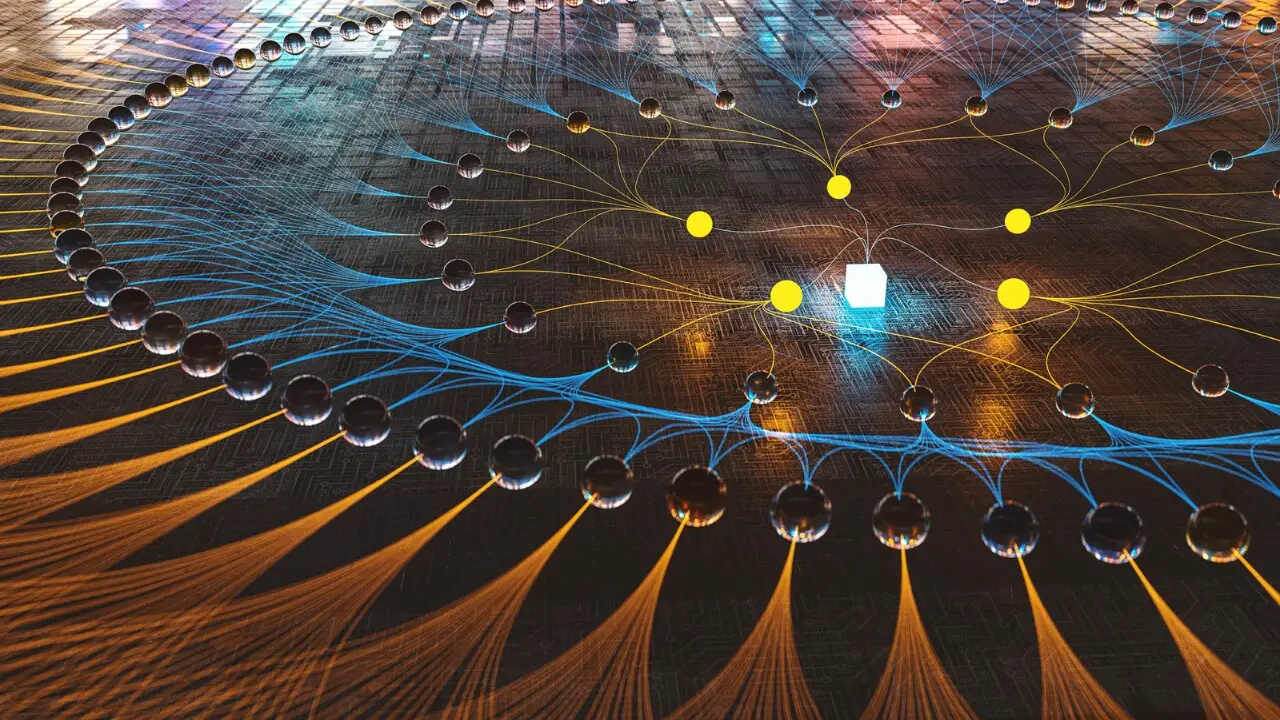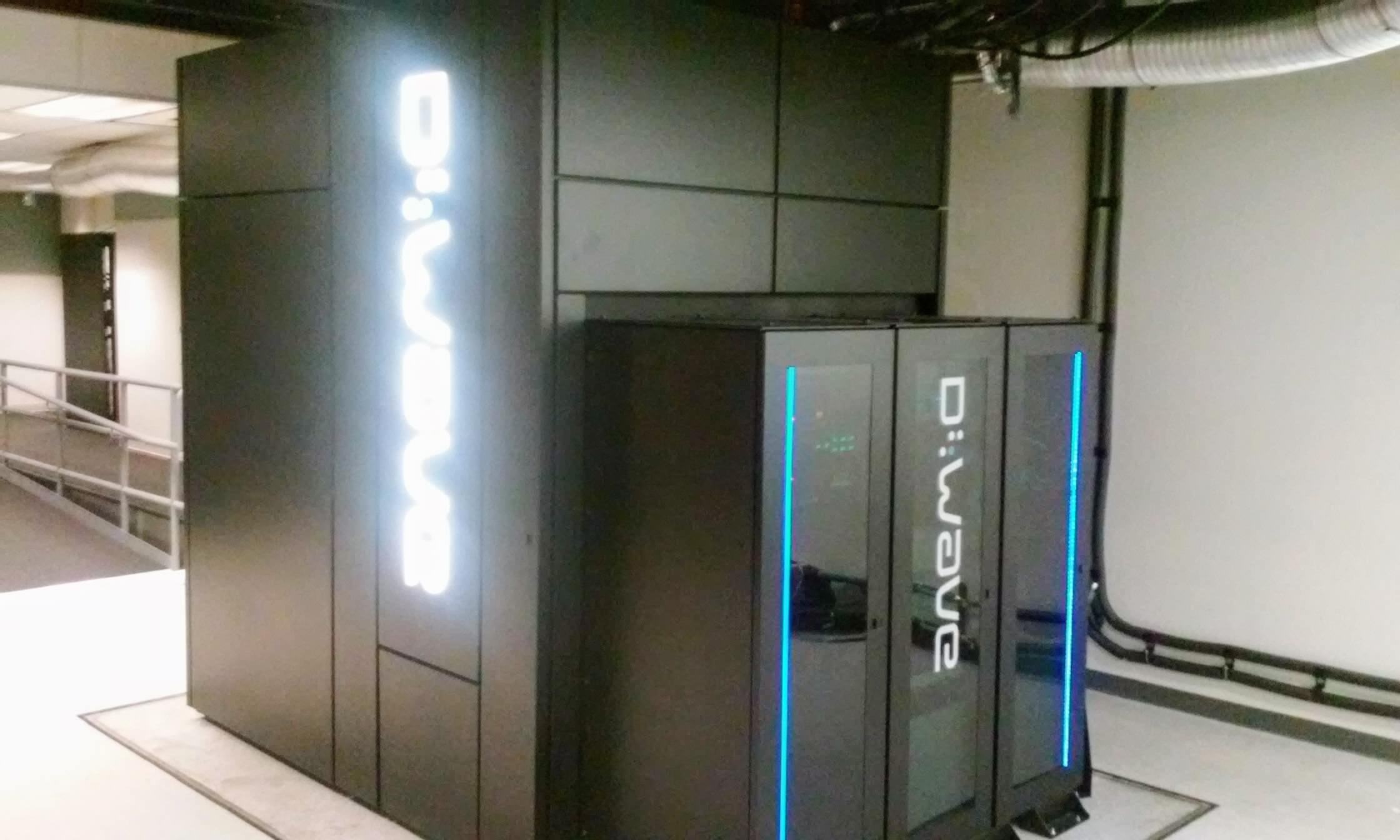A quantum computer uses an extremely low amount of energy. However, it needs cooling or refrigeration to function and this requirement actually needs a significant amount of energy.
A quantum computer works about 158 million times faster than the currently existing classical computers. It processes complex computation with extremely high efficiency, and so uses comparatively less energy. However, it is still unknown how much the energy efficiency of a quantum computer is.
How Much Energy Does A Quantum Computer Use?
Quantum computers are incredibly powerful, but they also use a great deal of energy. Because quantum computing relies on complex algorithms and calculations that require an immense amount of processing power, these computers require more energy than traditional machines.
In fact, some estimates suggest that a single quantum computer can consume as much electricity in one hour as an entire city block does in a day.
To understand the energy expenditure of a quantum computer, let’s know how a quantum computer works.
How A Quantum Computer Works?
Quantum computers relay data in qubits (qubit or quantum bit is a basic unit of quantum information) rather than transistors. Unlike classical computers that use transistors and code information as binary 1 or 0, the qubits of quantum computers can code information as both 1s or 0s.
This simple difference makes a quantum computer capable of processing in parallel, as well as in theory. This ability makes a quantum computer powerful enough to process information at astonishing speeds, and to solve problems that are beyond the limits of traditional classical computers.
While solving problems million times faster than traditional computers, it is assumed that a quantum computer would be extremely energy efficient. According to some estimates, a quantum computer has the ability to minimize energy expenditure from up to 100 to 1,000 times due to the use of quantum tunneling for data processing. So it is believed that quantum computers will need less energy than traditional computers.
However, quantum computers have a special requirement that needs a significant amount of energy and that is cooling or refrigeration. To work, the quantum processor needs to be kept at an extremely lower temperature, about 15 millikelvin (-273 ℃). The reason is that quantum computers have specially designed hardwares consisting of niobium metal loops that act as superconductors when cooled to 15 millikelvin (-273 ℃).
So such a lower temperature is needed to allow super-conductance within the quantum processor. This superconducting allows the electricity to be conducted through the processor with about no resistance. And that is the superconducting that actually reduces the amount of energy required for processing. However, a significant amount of energy is needed for refrigeration or to keep cool.
D-Wave Computer Of Google
In recent years, Google has installed a new 1,000-qubit D-Wave quantum computer at its Quantum AI Lab, and is said to be the first commercial quantum computer in the world. The energy consumption of its hardware is under 25 kilowatts.
However, much of this energy is consumed in running the refrigeration unit to keep the quantum processor cool enough to function.
In fact, the processor of a quantum computer uses an extremely low amount of energy (often described as negligible) as compared to the energy used by the refrigerator to keep it cool.
